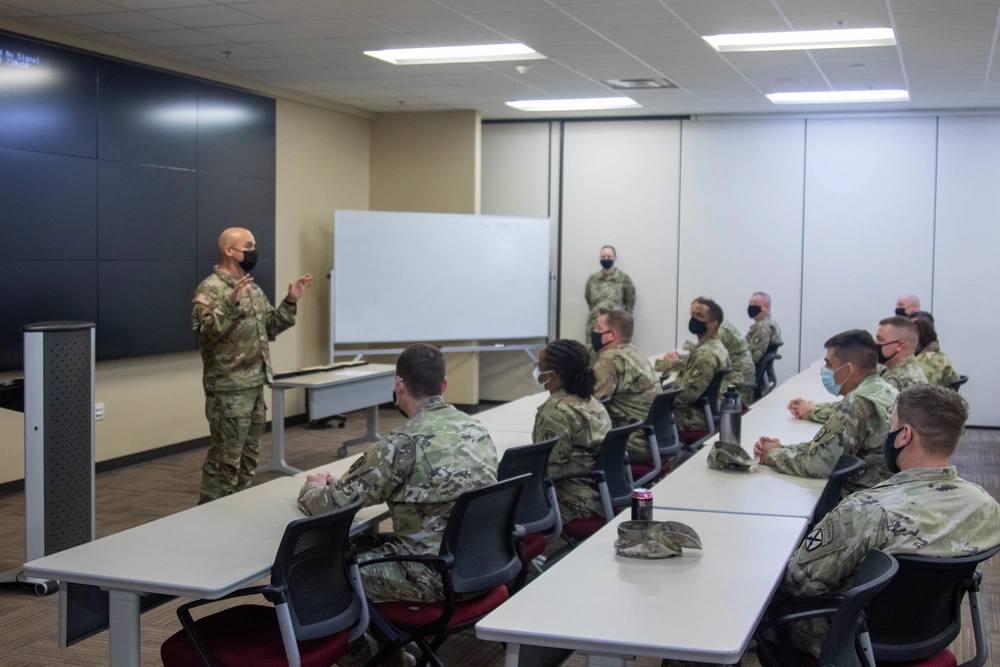Editorial: Why is it so Hard to Learn from Wars?
When looking at Iraq and Afghanistan over the course of at least the last decade, a popular sentiment has long been that the US hadn’t learned anything from Vietnam. When Kabul fell, this analogy was only made stronger by images of a frantic evacuation from Kabul reminiscent of the hasty US withdrawal from Saigon in 1975. Yet the US military, like most others, invests massive amounts of resources into studying and analyzing past and current wars and extracting valuable lessons applicable to future conflicts. Moreover, the US had been quite successful in predicting the character of a number future conflicts; In World War II the US Army entered combat with a basic doctrine that required few revisions based on field experience and the overwhelming success of Desert Storm in 1991 and of the 1999 Air Campaign over Yugoslavia went far to validate the thinking of American military strategists, theorists and defense intellectuals.
Similar criticisms are sometimes levied against the European powers for failing to learn from the 1861-1865 American Civil War and 1904-1905 Russo-Japanese War. Yet, in both cases, militaries did draw lessons. The emergence of trenches, mass casualties and protracted nature of the American Civil War may have been dismissed as an anomaly, but Prussian officers were highly impressed by the Union’s railway logistics network leading to them adopting and building on American practices in this area. Alexander III went as far as to reform the entire Russian cavalry based on American experiences due to his own respect for General Sheridan’s and Stuart’s cavalry operations. Meanwhile on the seas, the first clashes between ironclads as part of the Civil War brought attention from nearly every navy in the world.
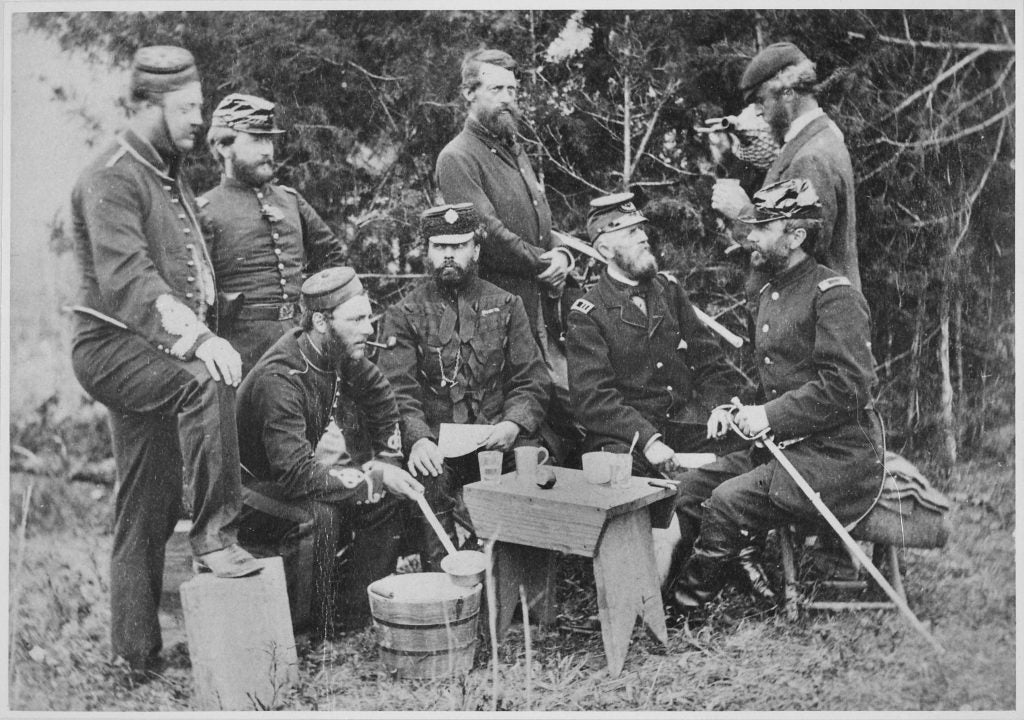
Then, if militaries from time immemorial spend so much time and resources trying to learn from conflicts, why do they get it wrong so often? Why is it so hard to learn from wars?
First of all, militaries aren’t static and are constantly evolving. The recent conflict in Ukraine (particularly in its earlier phases) and the 2020 conflict in Nagorno-Karabakh have both shown the effectiveness of drones on the modern battlefield and militaries are continuing to take note. For example, under its current reorganization plan, US Army divisions are expected to field new drone companies under the brigade and divisional reconnaissance elements. However, being aware of drones, armies are also moving to deploy new equipment capable of fighting off drones; in the US case, examples include the M-SHORAD and VAMPIRE systems and plans for integrating these organically into combat units are underway. How will anti-drone systems proliferate before the next war takes place? Will they be enough to make the lessons of drone usage in Ukraine and Nagorno-Karabakh redundant? The answer to these questions can only truly be answered if a war were to break out and this is the second problem. No lesson can be definitely confirmed or denied unless tested in an actual conflict.
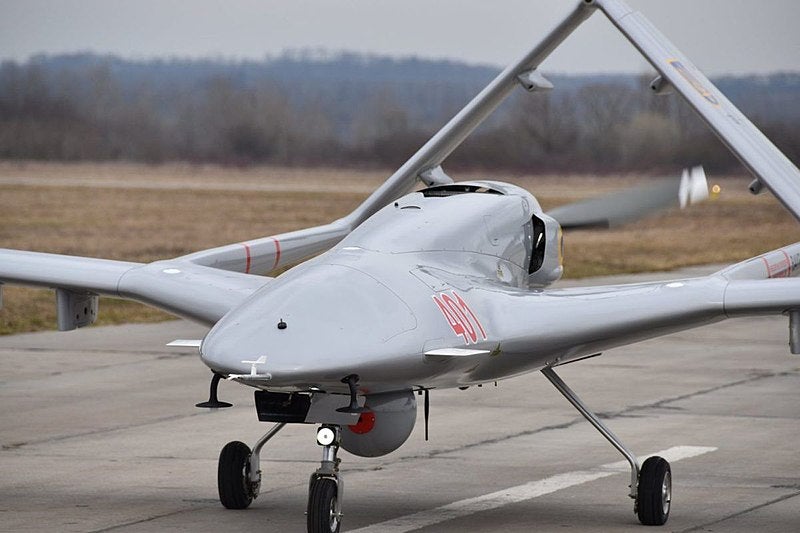
Thirdly, any lessons being drawn inevitably makes a prediction about future wars. After all, if the military predicts that drones will be indispensable to a future conflict, it is also predicting that future enemy anti-drone defenses will not be sufficient to fully, or at least sufficiently, deny their ability to operate these drones in support of military operations. Hypothetical conflicts can take place against different adversaries in radically different operational environments – each with their own particularities and exceptions. Moreover, these lessons are being drawn based on a specific interpretation of a past conflict which may not always be correct. Even the best lesson from a wrong assumption is useless- regardless if the assumption is about the future or past. And, what is worse, militaries are often keen to assume that future conflicts will develop on their terms.
Furthermore, in his essay on the subject, William C. Fuller Jr. also observes that a plausible lesson could be drawn if a war were to unfold in a different yet plausible manner. For example, if the casualties of the German airborne assault on Crete in 1941 were lower, Nazi Germany could have easily concluded that the idea of large-scale airborne assaults shows further promise (as the Western Allies did). Perhaps a few small changes such as the outcomes of a few low-level skirmishes, or a better designed German parachute harness which would enable paratroopers to jump with their rifles would have been enough to sufficiently reduce casualties for the Germans to reach this conclusion. Therefore, if alternate outcomes leading to different results are plausible, how plausible can a lesson based on a certain outcome be?
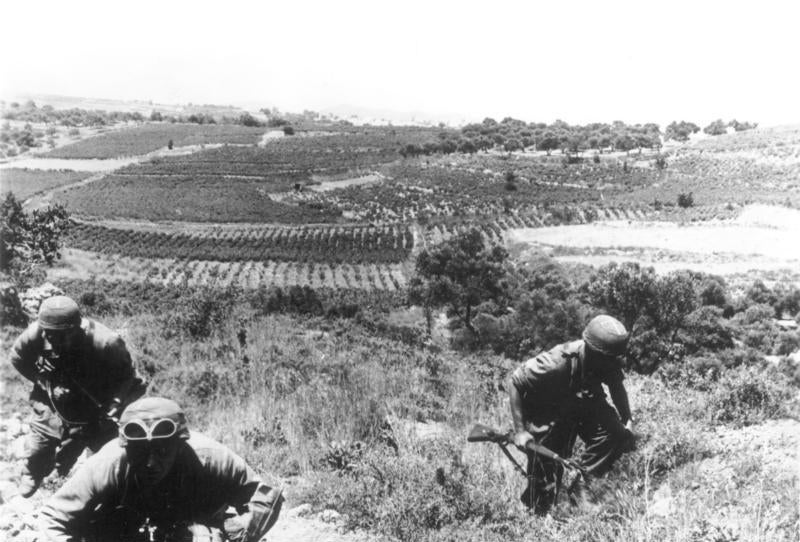
With all these complexities and uncertainties, its not easy to make sense of observations. Nevertheless, Fuller identifies three main “styles” for learning from military history. The oldest “antique” style simply posits that the military lessons of history are applicable to the future. Hence, the campaigns of Napoleon, Alexander the Great and Oda Nobunaga should still offer insight to the modern officer. To a significant degree, particularly when it comes to pure strategy, this is true although it is unlikely that much insight on the proper employment of electromagnetic warfare systems in a multi-domain battle can be found in the writings of Julius Caesar.
As revolutionary military technologies emerged and war grew more complex in the early modern age, new schools of thinking began to compete with the classic approach. Positivists believed that warfare could be studied as a an objective science and military principles can be derived in an empiric fashion. Another school, the “Pragmatic Skeptics”, favored by Helmuth von Moltke, deny that war is in any way a science that can be systematized. In their view, every war is shaped fundamentally by its unique circumstances ranging from technology to human factors to terrain and thus lessons from one war can rarely be effectively applied to another due to exceptional circumstances present in specific wars.

Yet, Fuller notes that both schools can easily fall into fallacies and, because of these fallacies, adherents of both Positivism and Rational Skepticism failed to draw the correct lessons from the Russo-Japanese War and continued to expect that World War One would be a short war like those of post-1815 Europe. The war featured WW1-style trench networks, massive artillery barrages, machine guns and modern weapons the world had never seen deployed before and casualties were horrendous. Yet, both schools, despite seemingly being complete opposites, missed the correct lessons to be drawn from the conflict and had similar expectations about the future of war in Europe.
Positivists fell into what Fuller calls the fallacy of “linear projection”. In the bloody bayonet charges carried out by the Japanese against Russian trenches which caused tens of thousands of casualties, the positivists found no exceptions which would undermine their assumptions but rather a reinforcement of their previous assumptions. To them, the assaults showed that modern weapons were not enough to overcome high morale, aggressiveness, relentlessness and willingness to take casualties of well-trained soldiers. The Russians remained on the strategic defensive for most of the war but lost; the strategic and tactical offensive thus still remained superior in the era of barbed wire and machine guns. In other words, the lessons of the Russo-Japanese war were drawn in a way which reinforced the experience of European conflict in the post-Napoleonic era. Based on these lessons, millions would sally forth with bayonets against entrenched machine guns in the early weeks of 1914 in order to overcome the enemy with relentless, aggressiveness, willingness to take casualties and high spirit- to disastrous results.
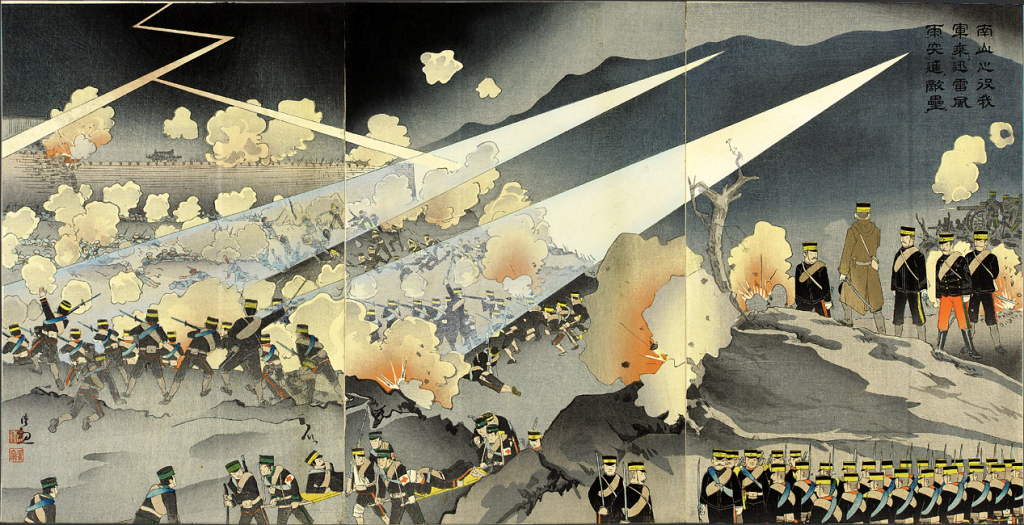
Meanwhile, the Rational Skeptics reached the same general conclusion despite their completely different way of thinking due to what Fuller describes as the fallacy of the “significant exception”. To many in this camp, the war was simply characterized by too many significant exceptions to be useful for predicting future European wars. For example, German theorist Friedrich von Bernhardi believed that the differences in scale and geography that would characterize a European conflict were so great that those which characterized the Russo-Japanese war that had little relevance to future European conflicts. In his view, the war in Europe would again be a short war decided by decisive and aggressive maneuvers.
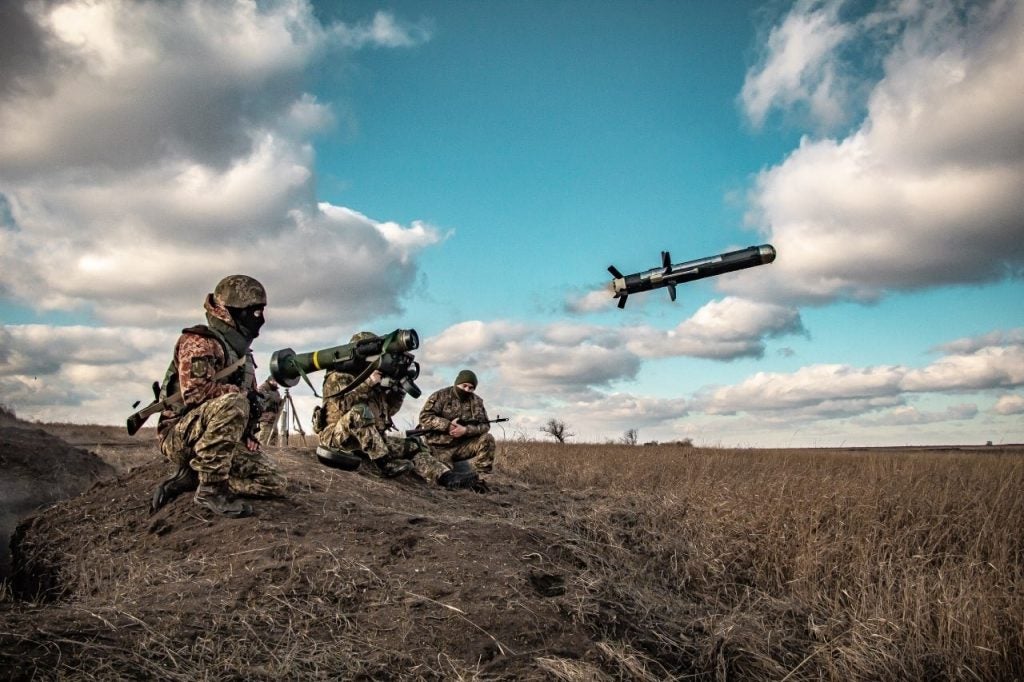
Thus, it is extremely hard to draw valuable lessons from conflicts. The recent conflict in Ukraine has already seen pundits suggest that Russian losses to anti-tank guided missiles has rendered the tank obsolete. Drawing this conclusion without considering the flaws in Russian tank doctrine that has allowed infantry anti-tank systems to be so effective. In order to successfully learn from war, a theorist must dodge fallacies, make accurate predictions about an unpredictable future shaped by countless actors, and draw correct assumptions about an often misunderstood past. Moreover, these issues are compounded by the uncertainties which are inherent in the military world of imperfect information and uncertain intelligence. Yet, learning from wars remains vital to a nation’s security. After all, a lesson learned by one side but not the other may often translate into a significant, perhaps even decisive, military advantage.

